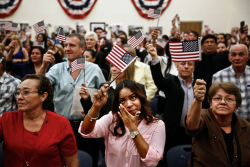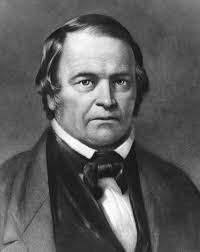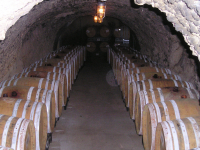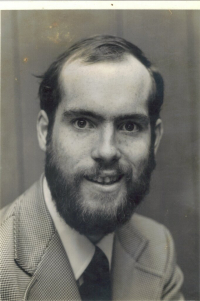 What makes America exceptional isn’t that we don’t do evil.
What makes America exceptional isn’t that we don’t do evil.
Anyone who has gone through more than high school history knows that the United States is, at its heart, a European empire given a veneer of idealism we have yet to live up to.
America’s governments have endorsed slavery, committed genocide, taken power by force (starting in Hawaii), and overthrown any government of color we didn’t like. You may tell your kids whatever lies you like. Kids elsewhere aren’t fooled. If anything, the evil done in our name has only gotten worse in my lifetime. Vietnam, Nicaragua, and Iraq are just the highlights.
What’s most interesting is that other societies can call this history what it is, history. When Trump threatened to destroy 52 Iranian cultural monuments, “one for every hostage,” he was talking about something that happened 40 years ago. The median age in Iran is 31. I talked with a Vietnamese math genius last year, age 28, and asked him about The War. His parents had no memory of it. It was from his grandfather’s time.
We’re stuck in a memory hole. The developing world is not.
The year 2020 is a turning point because the gating factor to growth today is human capital. Trained, agile, active, ambitious minds are where the money is at today, not oil.
America has dominated the economy of this century, so far, because we imported such minds. We also offered the greatest support to them, in terms of education, capital, and market opportunity. Trump has tossed things into the fire with everything else. An economic and demographic cliff yawn before us and his supporters don’t even see it.

Trump opposes all this. All the lesser angels of America’s nature – our religious and ethnic intolerance, our raw greed, our jingoistic violence, our willful ignorance – are in his coalition.
I’ve referred to it here as “Mullahs and Moolah.”
The Mullahs are primarily Protestants, acting in reaction to the Civil Rights movement and 
Moolah is more obvious. Money has always called the tune in American politics. Whether it was cotton and railroads in the 19th century, or manufacturing and oil in our time, we have always been governed by the Golden Rule. He who has the gold makes the rules.
What I have been expecting, and hoping for, is that the self-interest of the technology industries, the real moolah of companies like Amazon.Com, Google, Apple and Microsoft, can overcome oil and financial intermediaries. Tech is rising, Wall Street and Houston falling. Silicon Valley was built by human capital. We can substitute for oil and other resources.
Even if the Valley doesn’t seem to be working against Republicans, that doesn’t mean they aren’t, I figured. Whoever the Democrats nominate must win the approval of the Valley. The next VP will speak for technology just as George H.W. Bush spoke to Reagan of oil.

But I remain convinced history will make this this the year’s political story. The reconciliation between movement liberals and the technology power will lie below the Democratic primary. That primary will define the coming decade, and the one after that.










